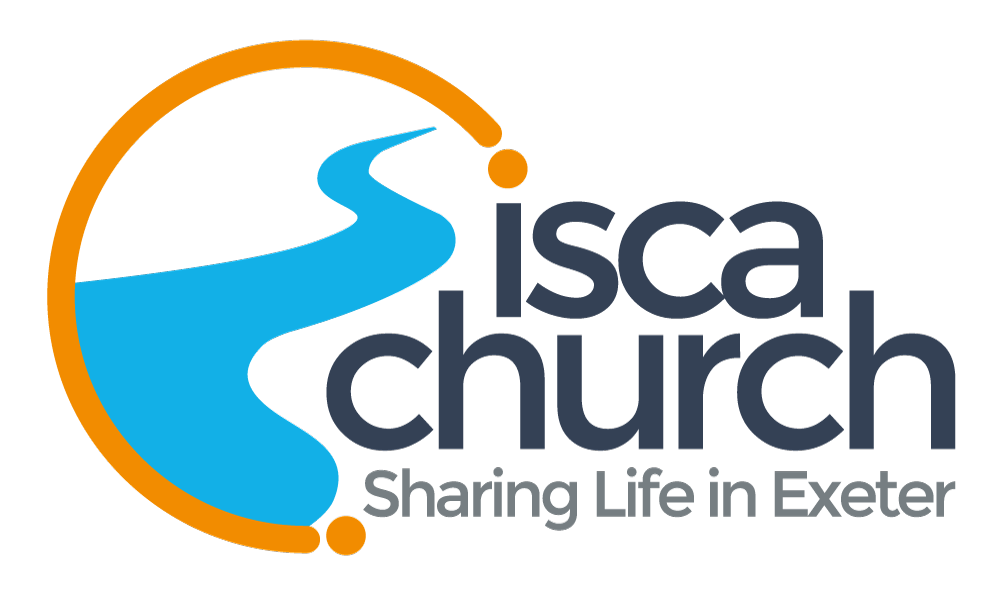Safeguarding
SAFEGUARDING
Isca Church is a community of all ages. It is therefore our concern that we take good care of all the children and those who may be vulnerable in our church. All our children’s team leaders, staff and volunteers are DBS checked (Disclosure and Barring Service).
Your personal information will be held under the Data Protection Act 1998. We will do all we can to protect your privacy and to make sure that personal information you share with us is stored securely.
For more information, please see Privacy Policy.
INTRODUCTION
This is a shortened version of the Isca Church safeguarding policy. Its purpose is to remind all Isca Church staff and volunteers of the key points of the policy. It is not a replacement and seeks only to point people towards the relevant more detailed parts of the Isca Church Safeguarding Policy.
Our Commitment
(See Page 3 of the Isca Church Safeguarding Policy)
The leaders and trustees of Isca Church recognise the need to provide a safe and caring environment for children and young people. We acknowledge that children and young people can be the victims of physical, sexual and emotional abuse, and neglect. We accept the UN Universal Declaration of Human Rights and the International Covenant of Human Rights, which states that everyone is entitled to “all the rights and freedoms set forth therein, without distinction of any kind, such as race, colour, sex, language, religion, political or other opinion, national or social origin, property, birth or other status”. The leaders and trustees of Isca Church have adopted the procedures set out in the Isca Church safeguarding policy in accordance with statutory guidance.
What is abuse and neglect?
(See Page 4 of the Isca Church Safeguarding Policy)
Types of abuse
(See Page 5 of the Isca Church Safeguarding Policy)
The four main categories of abuse are listed below. NCPCC guides to these and other categories of bullying/cyberbullying, child sexual exploitation, child trafficking, criminal exploitation and gangs, domestic abuse, female genital mutilation, grooming, online abuse and non-recent abuse can be found https://www.nspcc.org.uk/what-is-child-abuse/types-of-abuse/non-recent-abuse/ . Please make yourself familiar with these too.
- Physical abuse e.g. hitting, shaking or other physical harm. Can also be fabricating symptoms of illness
- Emotional abuse e.g. persistent emotional maltreatment of a child to cause severe and persistent adverse effects on the child’s emotional development
- Sexual abuse e.g. forcing or enticing a child or young person to take part in sexual activities whether or not the child is aware of what is happening. Can be violent and non-violent. Can also include non-contact activities like involving children looking at sexual images.
- Neglect e.g. persistent failure to meet a child’s basic physical and/or psychological needs, likely to result in the serious impairment of the child’s health or development
Signs of abuse
(See Page 5-6 of the Isca Church Safeguarding Policy)
The following signs could be indicators that abuse has taken place but should be considered in context of the child’s whole life.
PHYSICAL
- Injuries not consistent with the explanation given for them
- Injuries that occur in places not normally exposed to falls, rough games, etc
- Injuries that have not received medical attention
- Reluctance to change for, or participate in, games or swimming
- Repeated urinary infections or unexplained tummy pains
- Bruises on babies, bites, burns, fractures etc which do not have an accidental explanation
- Cuts/scratches/substance abuse
SEXUAL
- Any allegations made concerning sexual abuse
- Excessive preoccupation with sexual matters and detailed knowledge of adult sexual behaviour
- Age-inappropriate sexual activity through words, play or drawing Child who is sexually provocative or seductive with adults Inappropriate bed-sharing arrangements at home
- Severe sleep disturbances with fears, phobias, vivid dreams or nightmares, sometimes with
- Overt or veiled sexual connotations
- Eating disorders – anorexia, bulimia
EMOTIONAL
- Changes or regression in mood or behaviour, particularly where a child withdraws or becomes clinging.
- Depression, aggression, extreme anxiety.
- Nervousness, frozen watchfulness
- Obsessions or phobias
- Sudden under-achievement or lack of concentration Inappropriate relationships with peers and/or adults
- Attention-seeking behaviour
- Persistent tiredness
- Running away/stealing/lying
NEGLECT
- Under nourishment, failure to grow, constant hunger, stealing or gorging food
- Untreated illnesses Inadequate care, etc Persistent tiredness
- Running away/stealing/lying
How to Respond to a child
(See Page 6 of the Isca Church Safeguarding Policy)
Ensure the physical environment is welcoming, giving opportunity for the child to talk in private but making sure others are aware the conversation is taking place.
- It is especially important to allow time and space for the person to talk
- Above everything else listen without interrupting
- Show acceptance of what they say (however unlikely the story may sound) by reflecting back words or short phrases they have used
- Be honest and don’t make promises you can’t keep regarding confidentiality
- If they decide not to tell you after all, accept their decision but let them know that you are always ready to listen.
- Use language that is age appropriate and, for those with disabilities, ensure there is someone available who understands sign language, Braille etc.
Helpful Responses
- You have done the right thing in telling
- I am glad you have told me
- I will try to help you
Don't Say
- Why didn’t you tell anyone before?
- I can’t believe it!
- Are you sure this is true?
- Why? How? When? Who? Where?
- I am shocked, don’t tell anyone else
Under no circumstances should a worker carry out their own investigation into an allegation or suspicion of abuse. See page 7 of the Isca Church Safeguarding Policy for procedures of how to respond to an allegation of abuse.
Protecting yourself
You should be protecting yourself from being in isolated contact with a young person at all times unless there is a specific arrangement in place known by another member of staff. Always work in a team when part of Isca Church Youth/Children’s event. Always follow the safeguarding procedure in the context of electronic communications as per the Isca Church Safeguarding Policy. Please do not befriend an under 18 on social media and never engage in private electronic communication unless there is a known arrangement in place with the lead youth worker.
SAFEGUARDING OFFICERS
If you have a safeguarding matter please contact either:
Val Hudson
Safeguarding Officer : 07971926316
Rich Cummings
Deputy Safeguarding Officer : 07786 194399
Isca Office, 9 Sandpiper Court, Harrington Lane, Pinhoe, Exeter EX4 8NS, 01392 462557
Registered Charity: 285380
If you wish to see the full policy please contact Isca Church Office : office@iscachurch.org.uk


